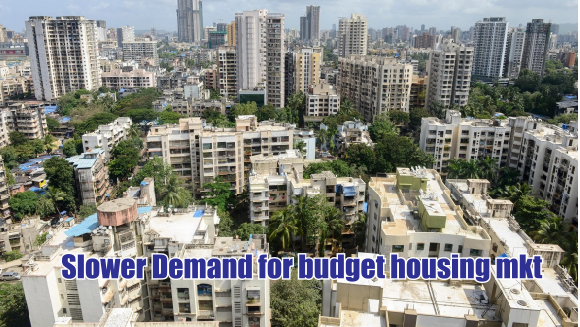Crisis of ‘interesting times’
- अगस्त 31, 2021
- 0
As one watches headlines that are of more than passing interest, the question thrusts itself forward: Are we living through the “interesting times”, with multiple and overlapping crises slowly coming to a head, in a manner that is beyond the capacity of existing systems and institutions to meaningfully tackle?
The age of democracy and liberalism, such as it was, is threatened by the growing power, opacity, and non-accountability of national security apparatuses in seemingly open societies, and by autocratic leaders willing to harness new technologies to create surveillances societies. The intrusive tentacles of giant corporate entities are worry enough, but pale in comparison as a threat.
Addition to the causes of current neuroses is the growing inequality that threatens the future stability of societies in countries rich, poor, and middle-income.
A spreading underclass consciousness seeks escape from harsh realities through a retreat into cultural identities and ethnic hostilities-substitutes for the brighter economic futures once dreamed of. Meanwhile, policymakers risk both inflation and instability as they test the limits of fiscal and monetary experimentation.
These developments are driven by forces that have complex roots in economic systems, the vulnerabilities of networked societies, historical memories, the primeval urges for more power and wealth, and the relentless march of technology that defines the anthropogenic age, creating a civilization that (it would seem) needs to create bionic species and escape planet Earth in the next stage of its evolution.
How does one confront these trends? The world has come alive to the dangers of climate change, but the tipping point is probably long past and a price must social compacts.
‘दिलचस्प समय’ का संकट
इन दिनों जब हम ऐसी सुर्खियों से गुजर रहे हैं जो मात्र सामान्य रूचि की नहीं हैं तो यह प्रश्न स्वतः उत्पन्न होता हैः क्या हम ‘दिलचस्प समय’ में जी रहे हैं जहां विविध और एक दूसरे को परस्पर आच्छादित करते हुए संकट धीरे-धीरे कुछ इस प्रकार हमारे सामने आ रहे हैं कि हमारी मौजूदा व्यवस्थाओं और संस्थानों के पास उनसे सार्थक ढंग से निपटने की क्षमता तक नहीं है?
अपेक्षाकृत खुले समाजों में अधिनायकवादी नेता, लोगों पर निगरानी रखने के लिए नई तकनीक हासिल करने की इच्छा रखते हैं। इसके चलते लोकतंत्र और उदारवाद को खतरा उत्पन्न हो गया है। इन समाजों की बढ़ती शक्ति, अस्पष्टता और राष्ट्रीय सुरक्षा उपकरणों की गैर जवाबदेही ने यह स्थिति उत्पन्न की है। बड़े कारोबारी घरानों का मजबूत होता शिकंजा भी निरंतर बढ़ती चिंता का विषय है लेकिन यह अभी बड़ा खतरा नहीं बन सका है।
मौजूदा समस्या को बल देने वाला एक कारक है बढ़ती असमानता। यह असमानता अमीर, गरीब और मध्यम आय वाले सभी प्रकार के देशों के समाजों में भविष्य की स्थिरता के लिए खतरा है।
निम्न वर्ग की बढ़ती चेतना सांस्कृतिक पहचान और जातीय संघर्ष के जरिये कड़वी हकीकत से निजात पाना चाहती है। वह इन्हें एक समय देखे गए बेहतर आर्थिक स्वप्न का विकल्प मान बैठती है। इस बीच नीति निर्माताओं के समक्ष मुद्रास्फीति और अस्थिरता दोनों का जोखिम है क्योंकि राजकोषीय और मौद्रिक प्रयोगों की अपनी सीमा है।
ये घटनाएं ऐसी ताकतों से संचालित हैं जिनकी जटिल जड़ें आर्थिक तंत्र, आपस में संबद्ध समाजों की संवदेनशीलता, ऐतिहासिक स्मृतियों, अधिक शक्ति और संपत्ति की आदिम लालसा आदि में निहित हैं। तकनीक लगातार एक ऐसी सभ्यता के विकास की ओर बढ़ रही है जो क्रमिक विकास के अगले चरण में पृथ्वी से परे कृत्रिम प्रजातियां निर्मित करेगी।
इन रूझानों का सामना कैसे किया जाए? जलवायु परिवर्तन का खतरा पूरे विश्व के सामने आ चुका है लेकिन संतुलन बिगड़ने की शुरूआत बहुत पहले हो चुकी है और कीमत चुकानी होगी। समाजों में असमानता और इसके राजनीतिक खतरों को एक नए सामाजिक यथार्थ की आवश्यकता है।































































